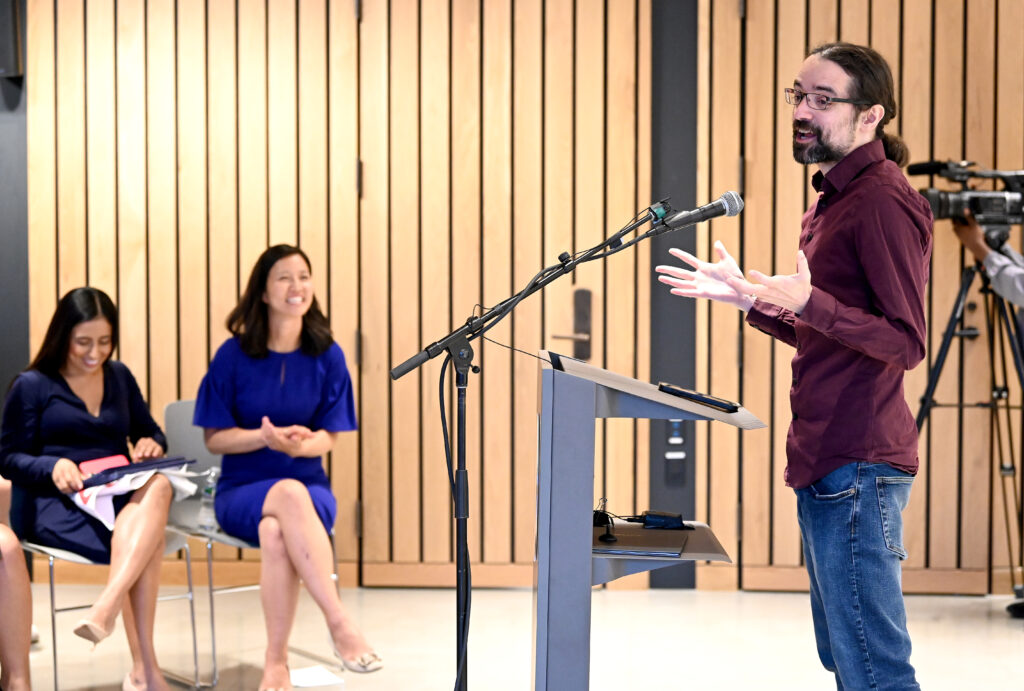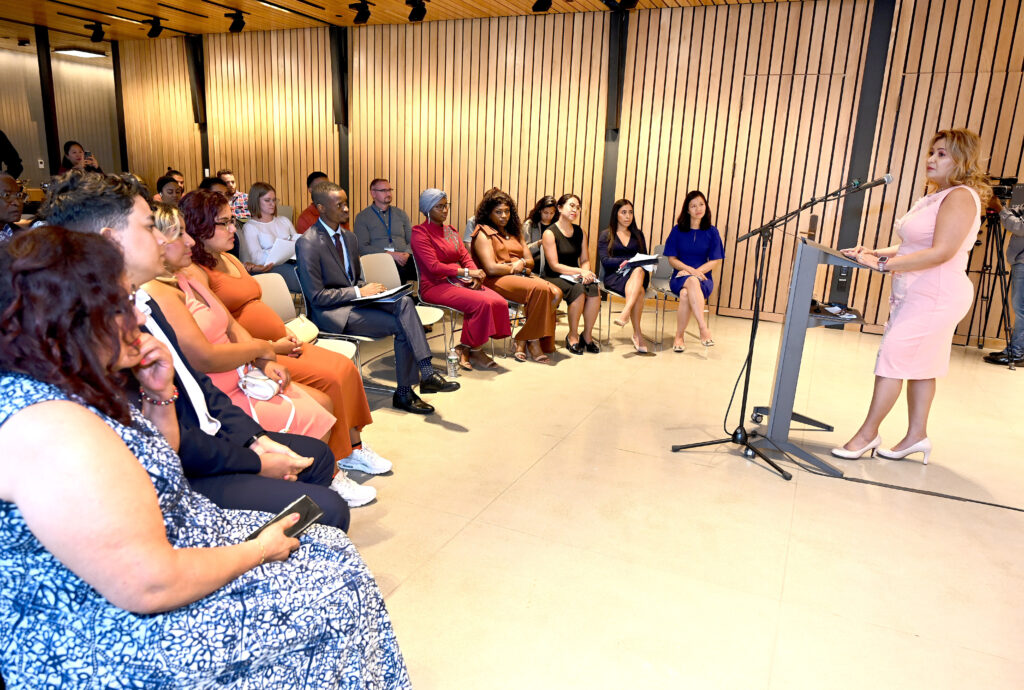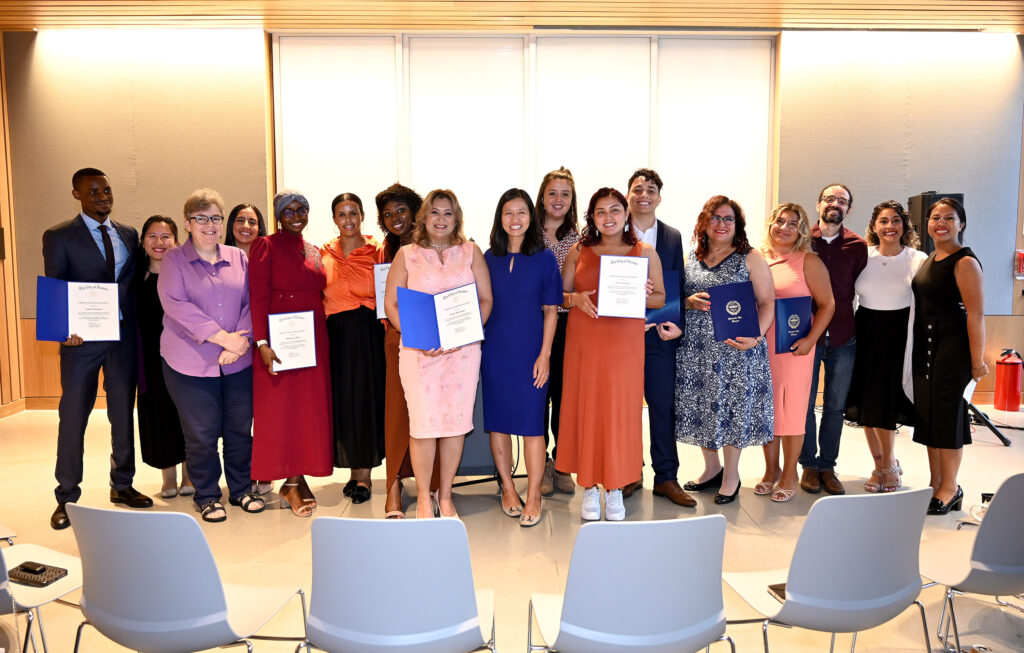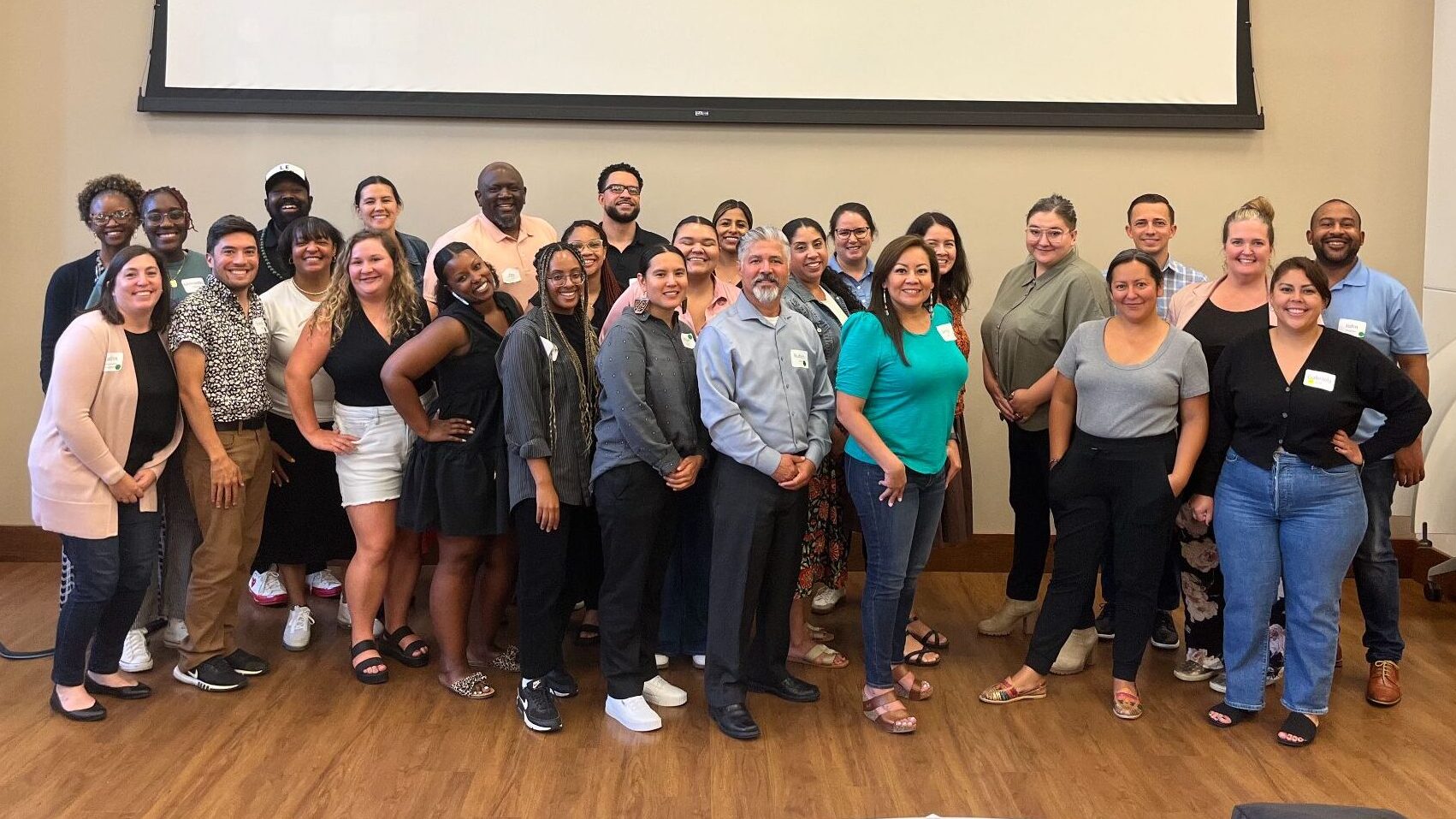In June, re:power brought organizers from across the country together in Phoenix for the first in-person Campaign School for Issue Organizing program. The 2.5-day training covered everything from the fundamentals of campaign strategy to building volunteer programs, developing a fundraising plan, targeting voters through VAN, script-building, and more. The curriculum builds on the ethos that effective organizing isn’t just about securing electoral wins; it requires year-round base-building to sustain meaningful victories, and that work lives with the organizers who are building power around the issues that affect the day-to-day lives of their communities.
From seasoned veterans to fresh faces just beginning their organizing journey – the space offered teachable moments beyond the front of the room; in fact, the participants learned a great deal in their group work.
Here are four inspiring organizers who joined us for this training. We connected with them to learn more about their organizations, recent projects, and lessons learned:
Jazmin Albertie (she/they)
Patterson, California
Data and Digital Organizing Manager

Jazmin works at PICO California, the largest multi-faith-based community organizing network in the state of California. Their mission imagines a new kind of economy — a moral one — in which basic life necessities are met (food, housing, jobs, healthcare, education, etc) so Californians from all walks of life can live in dignity and safety. In her work, Jazmin analyzes and synthesizes electoral data, invites people to in-person and digital actions, and supports voter contact efforts, like phone banks, text banks, and canvasses. Jazmin is currently revamping PICO’s welcome series, integrating the lesson on ladders of engagement to meet members where they are.
Kassandra Ramirez (she/her/ella)
Nacogdoches, Texas
Rural Organizing Manager

Currently, Kassandra works for Este Poder, a Latinx women-led organization centering young east Texans for their civic engagement and advocacy. Kassandra works directly with the youth through the student fellow program, coordinating with high schoolers and college students to equip them with the civic education and tools to become life-long voters. She took back to her team the lesson around the ladder of engagement and the four Cs to expand Este Poder’s reach into the community.
Cris Cuevas (all pronouns)
Boise, Idaho
Policy and Community Organizer
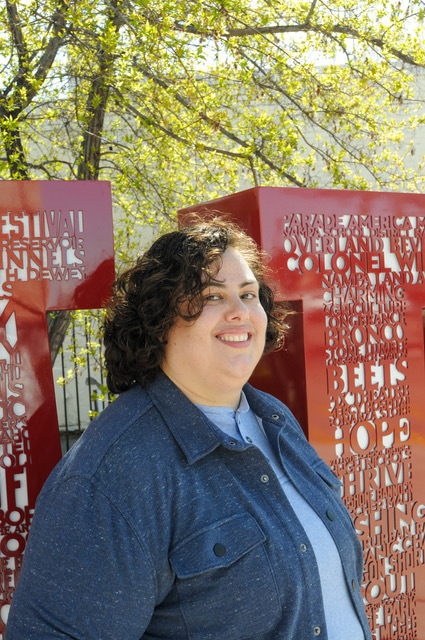
Cris works at Poder Idaho, a Latinx-led organization empowering and uplifting immigrant and Latinx communities in Idaho through advocacy in five primary areas: economic justice, immigration, education, and labor & gender equity. Their most recent campaign, “Manejando Sin Miedo,” which means driving without fear, focuses on supporting legislation for driver’s licenses for all, regardless of documentation and status. The statement, “culture will eat strategy for breakfast,” resonated with Cris, who took the lesson to heart on how to build a resilient campaign culture.
Anvita Kandru (she/her/hers)
Coppell, Texas
Community Organizer

SAAVETX Education Fund is a South-Asian women-led organization harnessing the political power of South Asians, the largest and fastest-growing minority in Texas; they operate statewide through civic engagement efforts and political education. Anvita works on translating voting materials in different South Asian languages since language access is a barrier to many non-English speakers and integrating those documents into their GOTV. Anvita introduced to her team a more defined theory of change and a robust base-building strategy to move their people through the funnel of leadership development.
